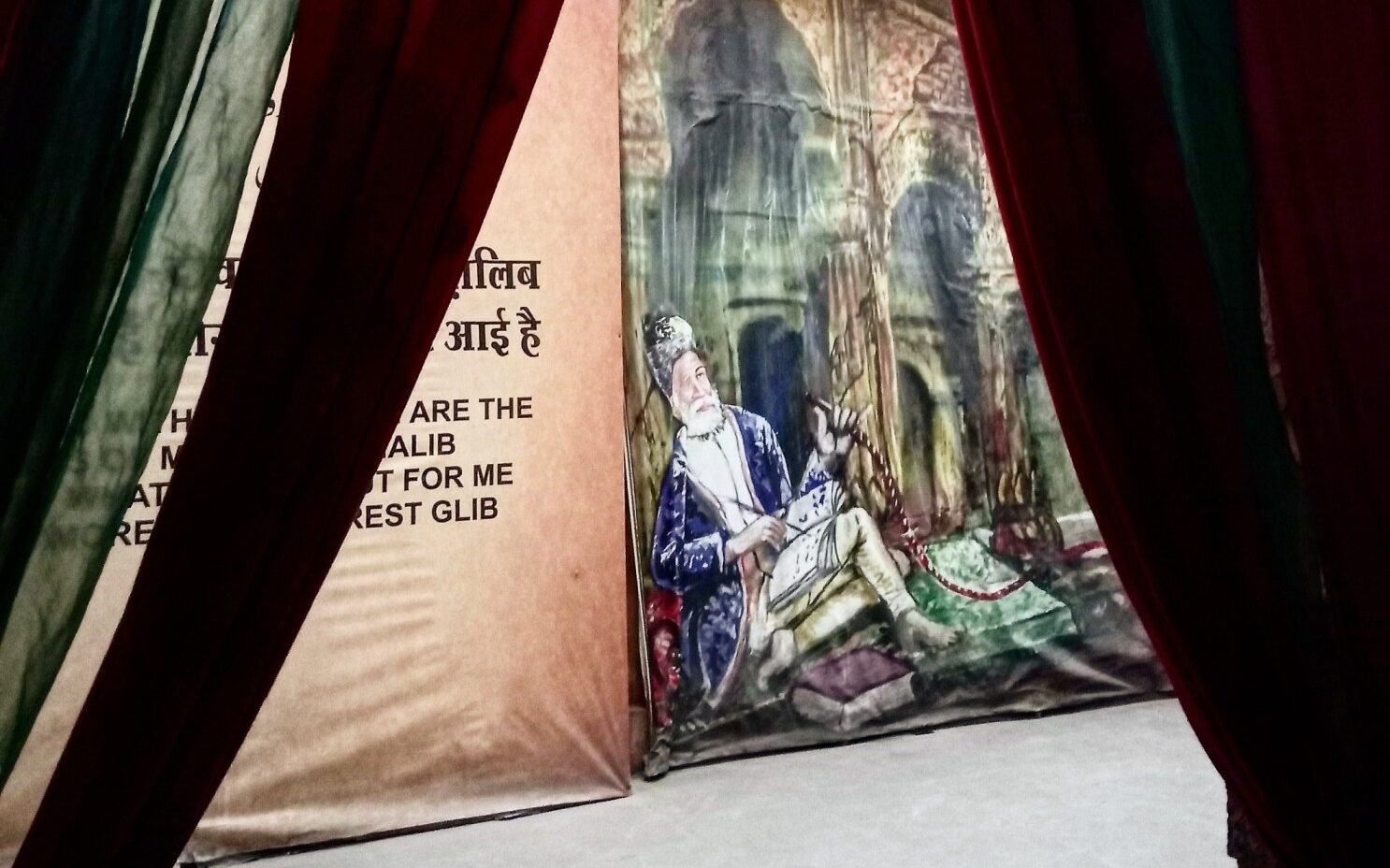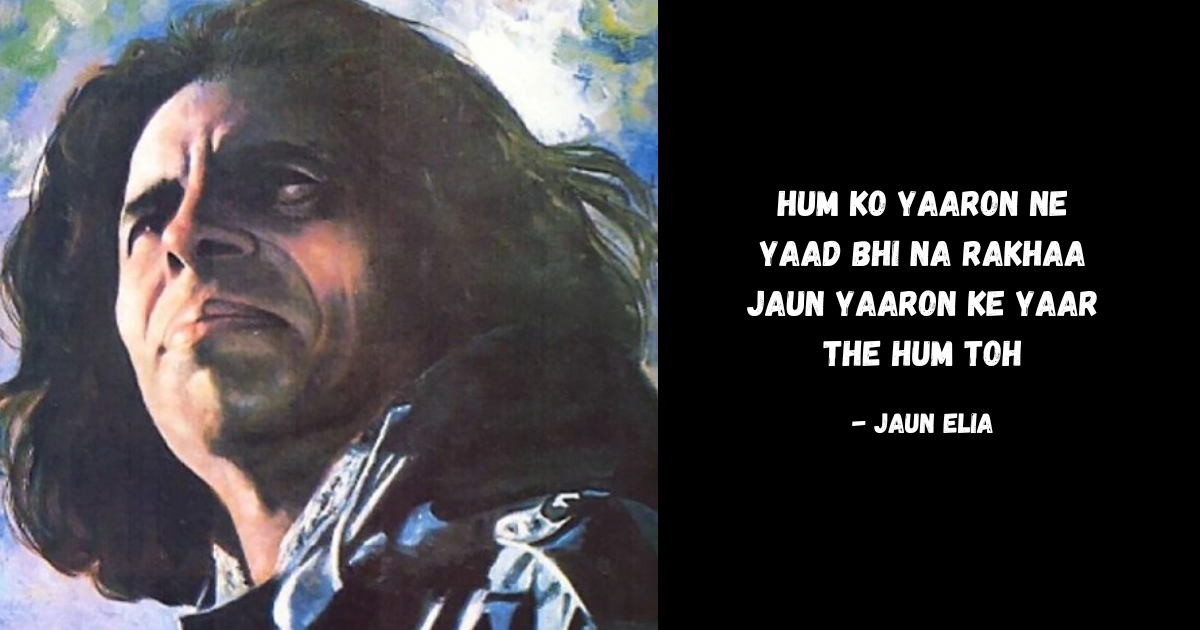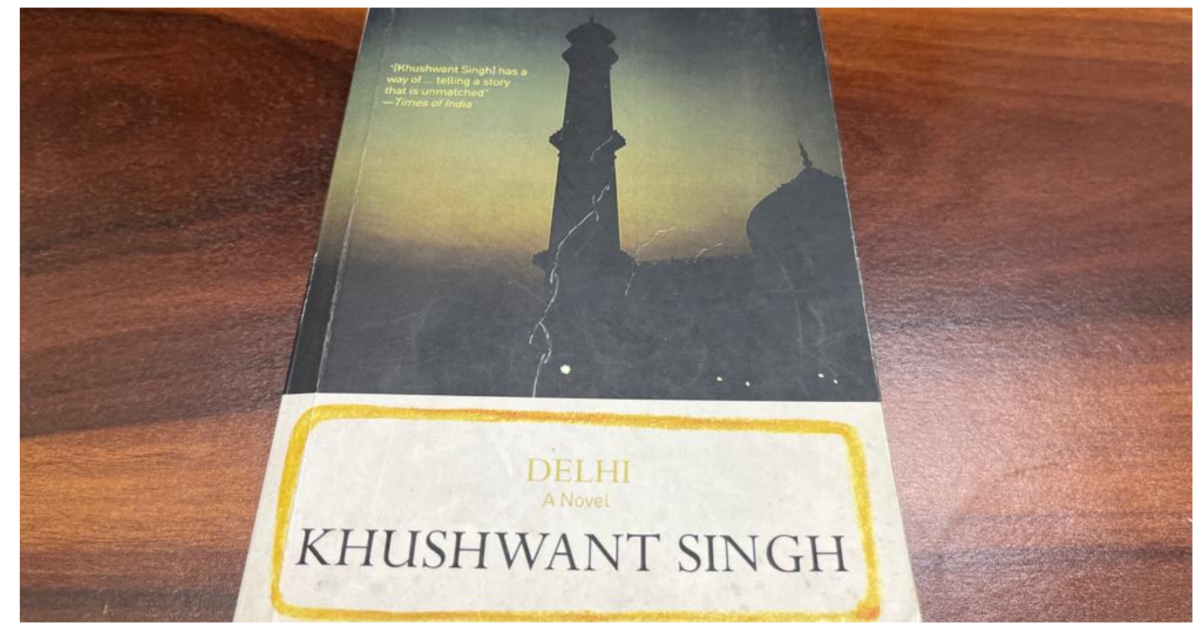Come 27th December and the world especially the virtual world is full of tributes to Mirza Ghalib on his birth anniversary.
What is it that makes Ghalib as relevant today as he was 215 years ago?
Considering that he wrote in chaste Urdu, a language which is not in as much use today as it was years ago when Ghalib rose to prominence.
Ghalib needs no introduction, of all the Urdu poets he is most widely read and considered greatest of them all. Sir Muhammad Iqbal equated him with William Shakespeare. His real name is Mirza Asad Ullah Beig Khan.
He started writing verses at the age of twelve and in the beginning, his takhallus (pen name) was “Asad” (Lion), which he later changed to “Ghalib” (conqueror). True to his pen name, he still rules the world with the sheer magic of his poetry.
He is essentially a poet of self-introspection but Ghalib was a great thinker and many of his verses reflect some deep philosophical truths, but contrary to the standard practice he never sent his verses to any senior poet for correction.
Ghalib was not anyone’s disciple and he wrote about himself… ”I am not a man, but an observer of the men. In my life of seventy years, there are seventy lac people who crossed my eyes”.
Ghalib verses
“huyi muddat ke Ghalib mar gaya par yaad aataa hai..
Vo har ik baat par kehna, ke, yun hota, to kya hotaa…”
( It’s been a while since Ghalib died but I still remember
His love of argument, and habit of saying if this happened then what?’)
The poetry touched a chord in everyone’s heart and I doubt there’s anyone who read his verses and could go away saying that Ghalib didn’t speak of his emotions. His poetry was timeless and for all ages.
Aate hain ghaib se yeh mazameen khayaal mein,
Ghalib sareer-e-khama nawa-e-sarosh hai.
(from the world unseen come to mind these themes,
Ghalib, the scratching of the pen is the voice of the heavenly angel)
Can anyone express love like this?
“Ishq say tabeeyat ne, zeest ka maza paaya
Dard ki dawa paaee, dard-e-bay-dawa paaya”
(I found the joy of living – through love
Love is my cure – And incurable is its pain)
Insaan hona…
Human beings have always run after self-fulfillment and forget humanity. This verse of his is as true today as it was then. In fact, more so today, when we glance around and see the crimes and atrocities happening all around us.
“Bas-ke dushwaar hay, har kaam ka aasan hona
Aadmi ko bhi muyassar nahi, insaan hona”
(It is hard for everything to be easy
(as) Man can’t opt to be human)
One of his most quoted verses talks of ambitions and greed which is universal and for all times, and can be seen in the consumerism of today. And has any verse touched the heart of all human beings like this one?
Hazaaron Khwaishein…
“Hazaaron Khwaishein aisi ke har khwahish pe dam nikle
Bahut nikle mere arman lekin phir bhi kam nikle”
(A thousand desires have I, each desire to die for
Many a desire have I fulfilled yet many more remain)
Is there a comparable verse when Ghalib who led a difficult life, talks of hopelessness and sorrow?
Koi umeed bar nahin aati
Koi soorat nazar nahin aati.Hum wahan hain jahan se humko bhi
Kuchh humari khabar nahin aati
(There seems no hope in sight
Nor any face comes to light, I am now in a place
From where there’s no news of myself in sight)
Another reason for his was that he was an iconoclast who took on established religious and cultural traditions and questioned hypocrisy. Today in a world which is plagued by bigotry Ghalib’s poetry is all about freedom of choices, a passion for life, and love.
Khuda Ke Vaste Parda Na Kaabe Se Uthaa Zaalim.
Kahin Aisa Na Ho Yahan Bhi Wohi Kaafir Sanam Nikle!!
He challenged the stranglehold of priests on the masses, questioning their own hypocrisy.
“Kahan Maikhaane ka Darawaza Ghalib aur kaha waij,
Par itana jaanate hai kal woh jaata thaa ke hum nikale”
(The wine- house and the preacher are poles apart
Yet I do know that he went in, as I came out (yesterday)
Go vaan nahin, vaan ke nikaale hue to hain,
Kaabe se un buton ko bhi nisbat hai door ki
(Though they aren’t there, they have been expelled from there,
With the kaaba, even those idols enjoy a distant relationship.)
Though he does question his own sins in this verse.
Kaabe kis munh se jaoge Ghalib
Sharm tumko magar nahin aati
(How will you face God, Ghalib?
You should be ashamed, but not)
Andaz-e-bayaan…
In today’s world of fickle emotions and transient relationships, Ghalib’s verse holds so true
“tere wade par jiye ham to ye jan jhuth jana
k khushi se mar na jate agar aitbar hota”
(If we lived on your promise it was because we knew it was a lie
That had it been true we would have died of happiness)
Of course Ghalib himself Ghalib had a very fine sense of his own greatness d wrote,
“haiN aur bhii duniya meiN suKHanwar bohot achche
kehte haiN ki ‘GHalib’ ka hai andaaz-e-bayaan aur “
(There are in the world many very good poets
They say that Ghalib’s style of expression is something else)
Come summers and all of us in the sub-continent start thinking of all things mangoes and those abroad start pining for it.
Ghalib was fond of mangoes
Ghalib was extremely fond of mangoes while Hakim Raziuddin Khan an extremely close friend of Ghalib didn’t like mangoes. One day both were sitting in Mirza Ghalib’s verandah when a donkey-driver passed through the lane with his donkey. Some mango-skins were lying there; the donkey took a sniff and then left them.
The Hakim said, ‘Look– a mango is such that even a donkey [gadhaa bhii] doesn’t eat it!’
Ghalib said, ‘Without a doubt, only a donkey doesn’t eat it.’
Ghalib plays on the word ‘Bhii” which means ‘too’, ‘even’.
During Ramzan Ghalib went to visit, The Mughal Emperor, Bahadur Shah Zafar, and the King asked, ‘Mirza, how many days of fasting did you keep?’ He petitioned, ‘My Lord and Guide, I did not keep one’. (Ek Nahin Rakha)
This is a question many are asked during the month of Ramzan and squirm to answer if they have slacked.
After Ibrahim Zauq, Ghalib was made the court poet and that fact weighed on his soul and he wrote
“Ghalib wazifa-khwaar ho, do Shaah ko dua
Vo din gaye ke kehte the naukar nahi huu’n main.”
( Ghalib you are now a salaried man, bless the King
Those days are no more when you said you are nobody’s servant)
This finds resonance in so much of the world around us, especially when we see how commercialised the world is becoming, enslaved by their ambitions.
Ghalib – The teacher
In 1842, Mirza Ghalib was offered a teaching post in the Delhi College.
When he went to meet the Lieutenant Governor of the North-western Province, Thomason, the latter did not come to receive him at the gate. Ghalib refused to get down and was told: “When you come to the governor’s court in your capacity as a nobleman, then you will receive the customary honour. But at the present time, you have come for employment. You are not entitled to this honour.”
Mirza Ghalib said: “I consider government service areason for additional honour, not something in which I would lose my ancestral honour also!” Mirza Ghalib took his leave and came away.
Self-respect is precious to everyone, whatever the age, whatever the situation.
As he says in his verse:
“bandagii mein bhii vuh aazaadah-o-khud-bii hain ki ham
ulTe phir aaye dar-e kaabah agar vaa nah huwa”
(Even in servitude, we are so free and self-regarding, that we turned and came back if the door of the Ka’bah did not open)
As Ralph Russell says in The Oxford India Ghalib: Life, Letters, and Ghazals
“Had Ghalib written in English, he would have been the greatest poet of all times, amongst all languages!”
This article was written by Historian Rana Safvi and it was originally published here.




